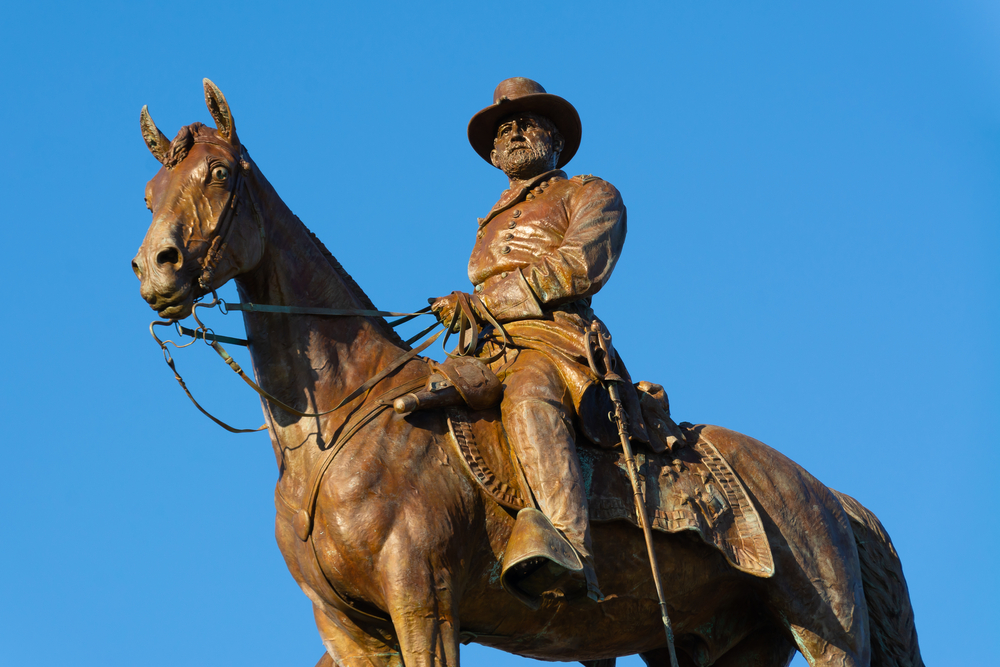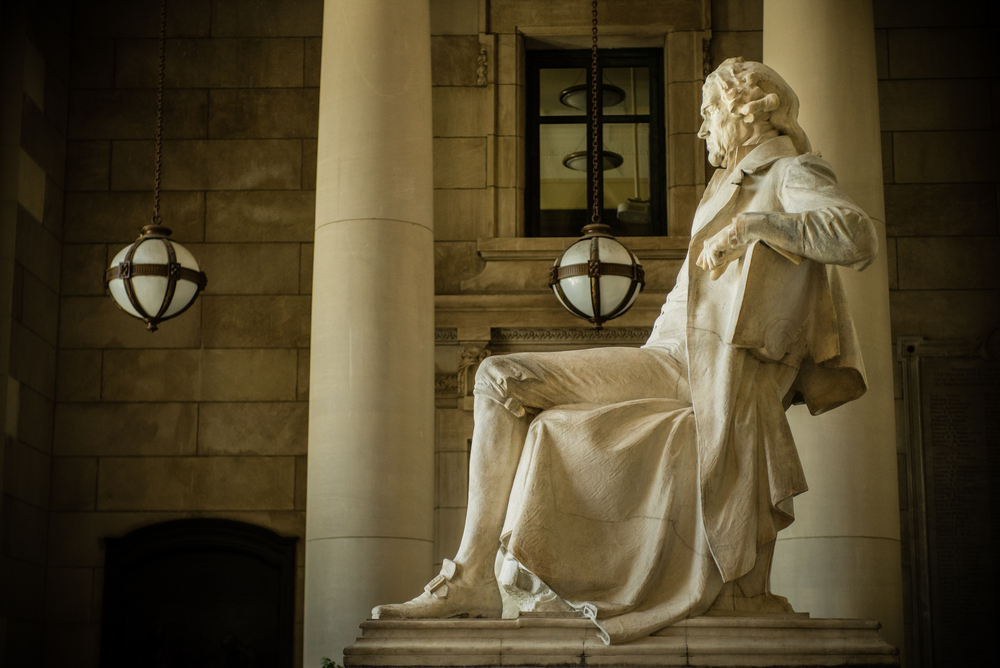“When things are at their worst, journalists are at their best.”
I was interning at CBS television station in Chicago last semester when the Boston Marathon Bombings happened. In the hectic newsroom, where everyone was scrambling for accurate details, live interviews and up-to-date coverage, I made the comment, “when things are at their worst, journalists are at their best.” There are certainly exceptions but I believe this to be true of all quality journalists.
The Chicago newsrooms were chaotic following the marathon bombings, but it is impossible to compare the role of a journalist in a distant city to the role of one who is live on the scene. While reporters and anchors around the country watched from afar, those in Boston had to grab a microphone, get ready during the car ride, and almost immediately interview victims and witnesses, including those who almost had their lives taken.
One television journalist who has covered two high-profile tragedies is Suzanne McCarroll, a reporter with CBS station KCNC in Denver. During her career she has been one of the journalists tasked with ethically and delicately covering the horrific situations of both the Columbine High School massacre and the Aurora Theater shootings.
TV reporters covering these breaking stories do not have scripts to read and very little time to contemplate what they want to say, often reporting live for hours at the scene of a major tragedy. Typically, broadcast journalists gather the facts, describe the scene for viewers and interview those involved in or nearby the event.
During the course of this live reporting, many ethical decisions need to be made. It is easy to report false information (like CNN did following the Boston Marathon bombings) and it is easy to be insensitive when interviewing someone who is still in shock or has just lost a loved one.
When Suzanne McCarroll interviewed students from Columbine High School and Batman fans who had sprinted out of that Aurora Theater minutes earlier, she had to think about all of the people her questions and coverage would affect, but ultimately she had a job to do and a responsibility to report the news.
As you will see this Sunday at 7pm in Watson Forum, she did a phenomenal job, and I hope you will join us and hear her share her knowledge and experience about ethically covering tragedies.




